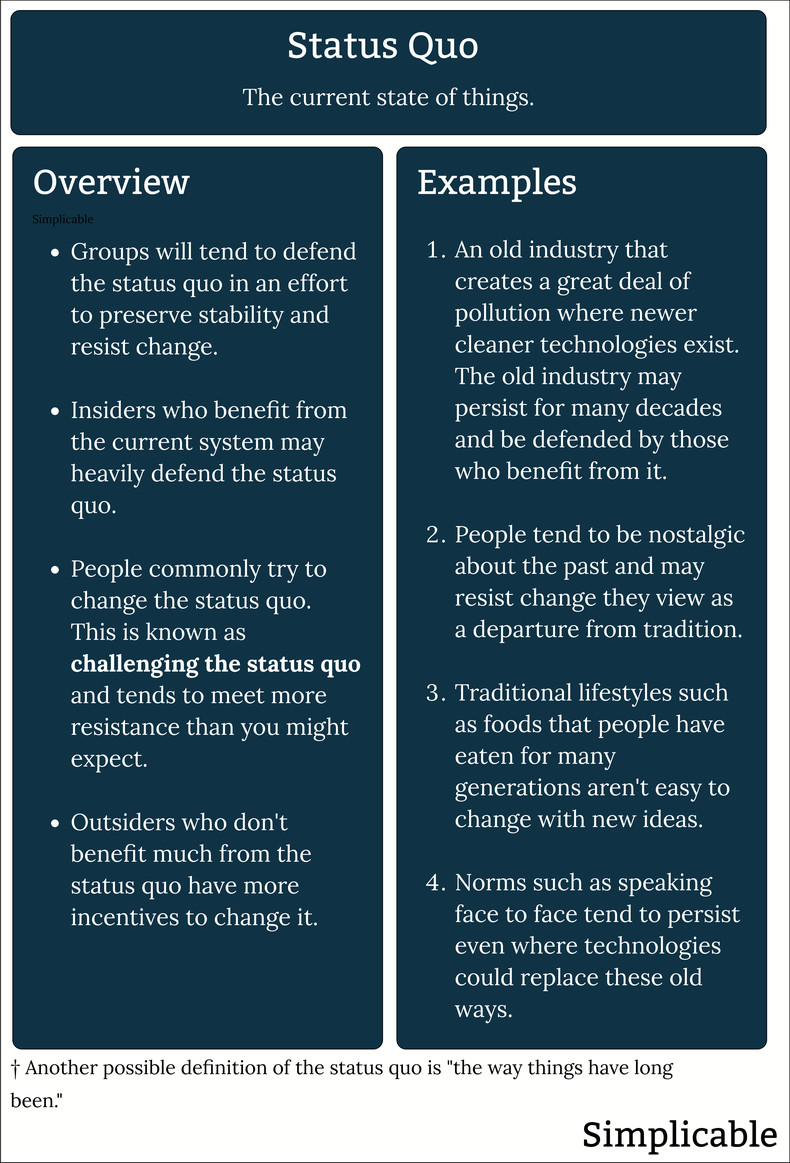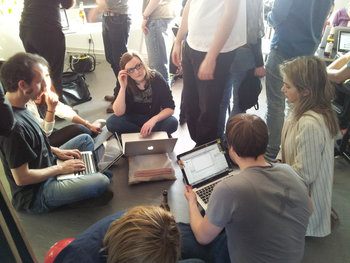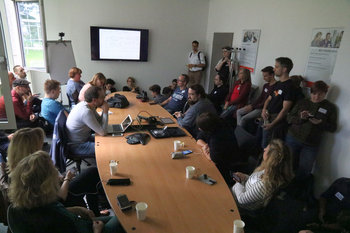
Status Quo Ante Bellum
The term status quo originates with Latin "status quo ante bellum" meaning "the state before the war." This is a common way to make peace such that governments agree to return things to the state before a conflict started. For example, any land that was captured is returned.Resistance to Change
People commonly resist change they see as a threat to the status quo. They may do this because they fear change will not be in their best interests. Alternatively, they may prefer simply prefer stability.Risk Tolerance
Doing nothing can be a risk. However, change is often a bigger risk than doing nothing. As such, people with low risk tolerance in a particular situation may defend the status quo. For example, an employee may feel that a new business strategy might make their job more difficult or eventually result in the loss of their job. Fear of these risks may cause the employee to put obstacles in the way of change.Innovation
Innovation is a valuable change that represents a leap forward in some way. This may threaten existing business models. Innovation is often created by an outsider who has no incentive to defend the status quo. Those who benefit from the current way of doing things may be slow to adapt to innovate change as they are attached to the status quo.Revolution
A revolution is a dramatic change in society that overthrows the status quo. For example, if a society or economic system doesn't benefit a large percentage of a population it may be in their best interests to overthrow that system.Group Harmony
Societies, cultures and organizations that value group harmony may heavily defend the status quo as people tend to value stability. In this context, defending the status quo can make you popular and proposing radical ideas can make you unpopular.Rosy Retrospection
Rosy retrospection is the tendency for positive memories to outlast negative memories such that people view the past as being happier than they viewed it at the time. Defending the status quo is associated with attempts to roll back changes that have already occurred in order to return to a previous state. This can be driven by a sense that the past was better than the present.Summary
The status quo is the way that things have long been.
| Overview: Status Quo | ||
Type | ||
Definition (1) | The current or recent state of things. | |
Definition (2) | The way that things have long been.. | |
Related Concepts | ||





























